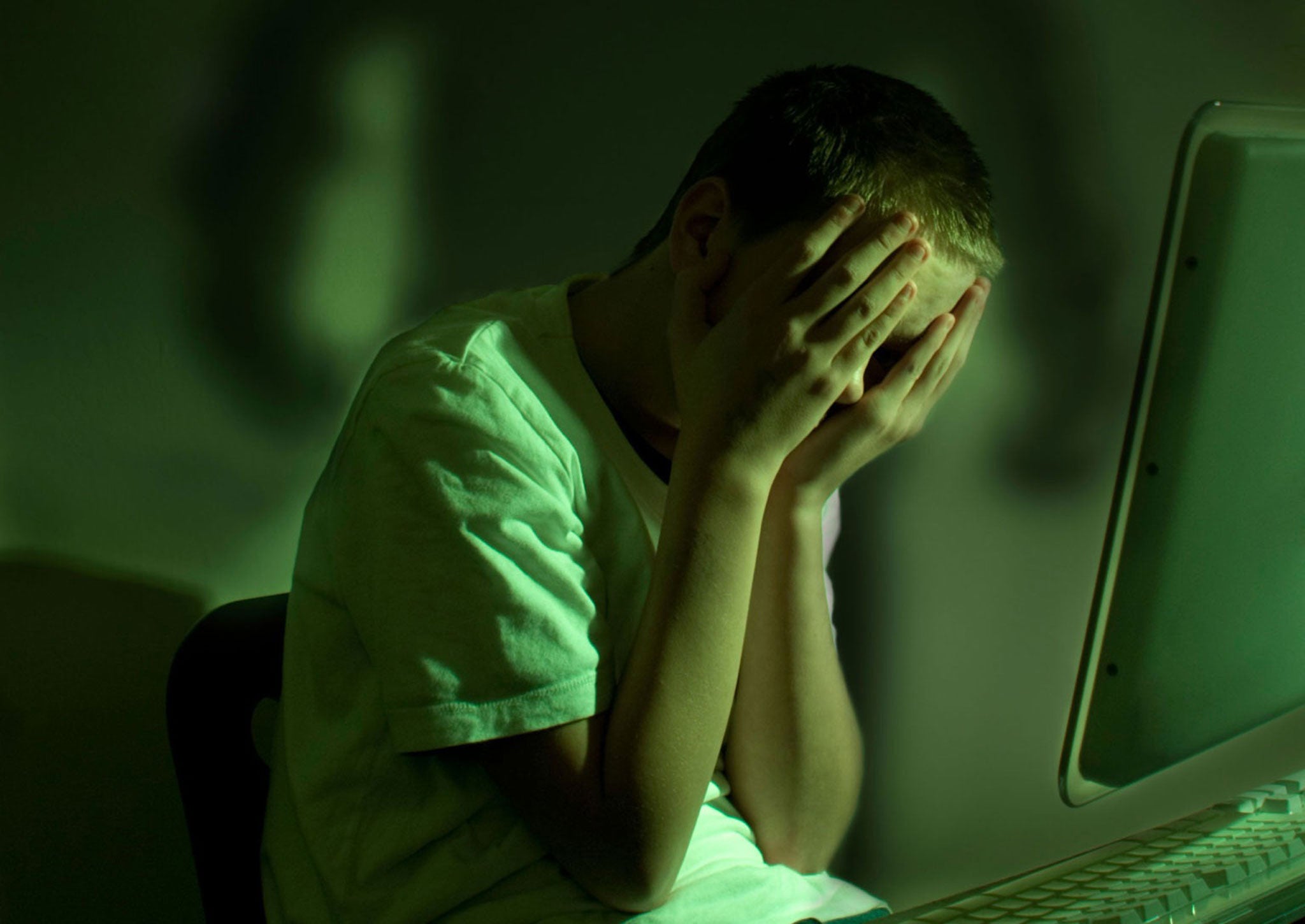Parents exposing children to cyber-bullying by creating underage accounts on social media
Study calls for better education for both children and parents on the issue

Parents may be inadvertently exposing their children to cyber-bulling and inappropriate online behaviour, a new study has suggested.
The study, which was commissioned by cyber-security firm McAfee and the Anti-Bullying Alliance, surveyed 1012 UK children between the ages of 10-17 and 1013 UK adults with at least one child aged 10-17.
After analysing the findings of the survey, those behind the study have suggested that “some parents may be unintentionally exposing their children to inappropriate behaviour and cyber-bullying” due to a lack of online parental controls and by setting up their children’s social network accounts for them.
The study found that 46 per cent of parents have set up their children’s social media profile, and that 45 per cent of parents have set up a Facebook account for a child under 13, despite the age restrictions. Just over one in ten parents also claimed that current age restrictions are “too limiting” and that “younger children should be able to join social networks”.
Around a third of parents admit that they have never talked with their children about online safety. However, 19 per cent of parents have set up parental controls on all of their children’s internet-accessible devices at home.
Concluding the study is a call for better education on the issues surrounding cyber-bullying, both for parents and children. For children, the education would need to be on what constitutes cyber bullying – 23 per cent of children who directed a comment with cruel or abusive language at someone online considered it “mean”, and only 9 per cent considered it cyber-bullying.
For parents, the study claims, the education would need to focus on providing parents with an awareness of how and where cyber-bullying occurs, and then how parents can better protect their children online – 32 per cent of parents surveyed felt that better knowledge of the internet and social networks would leave them feeling better equipped to do this.
Join our commenting forum
Join thought-provoking conversations, follow other Independent readers and see their replies
Comments
Bookmark popover
Removed from bookmarks